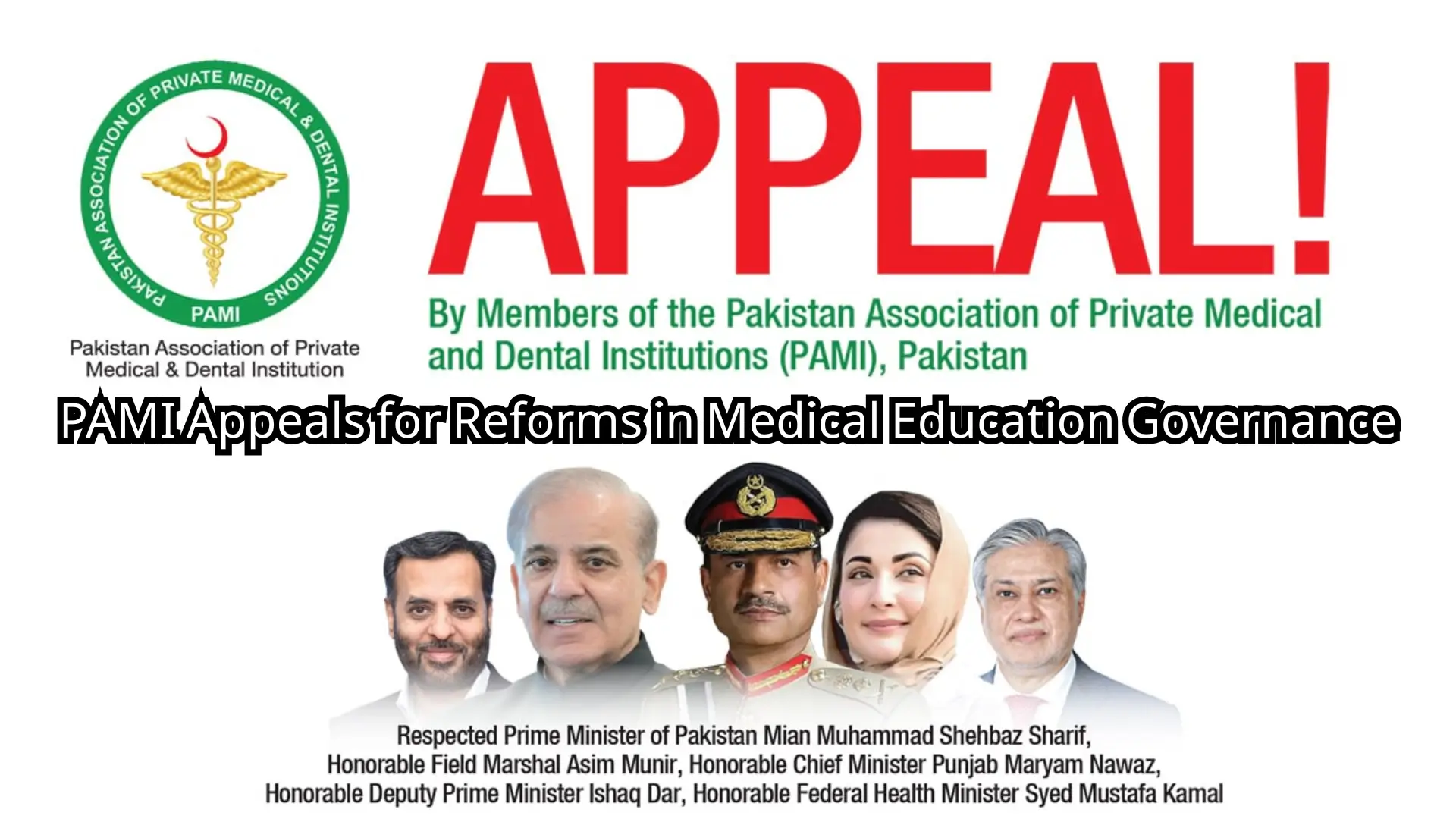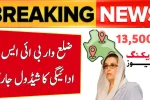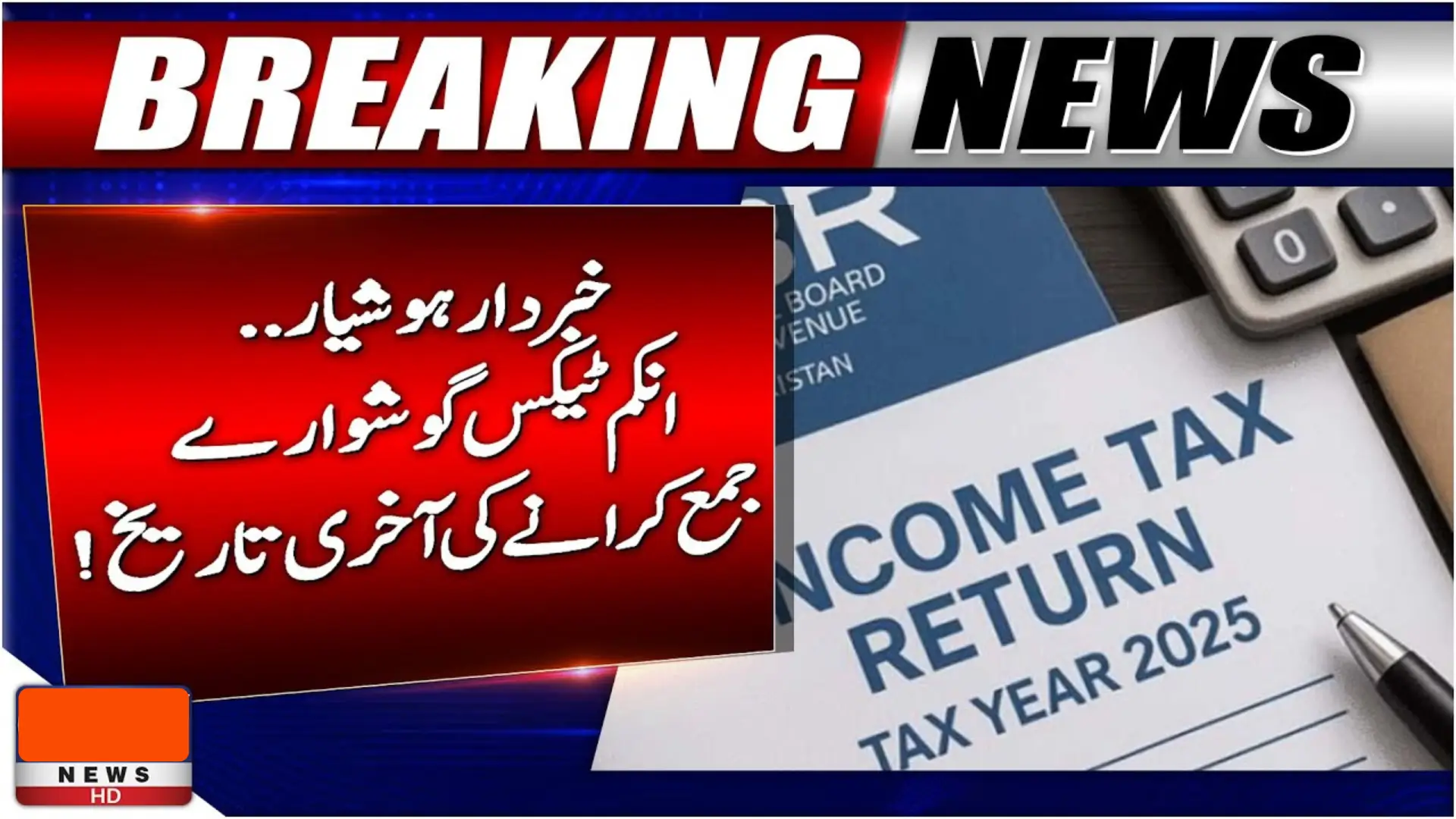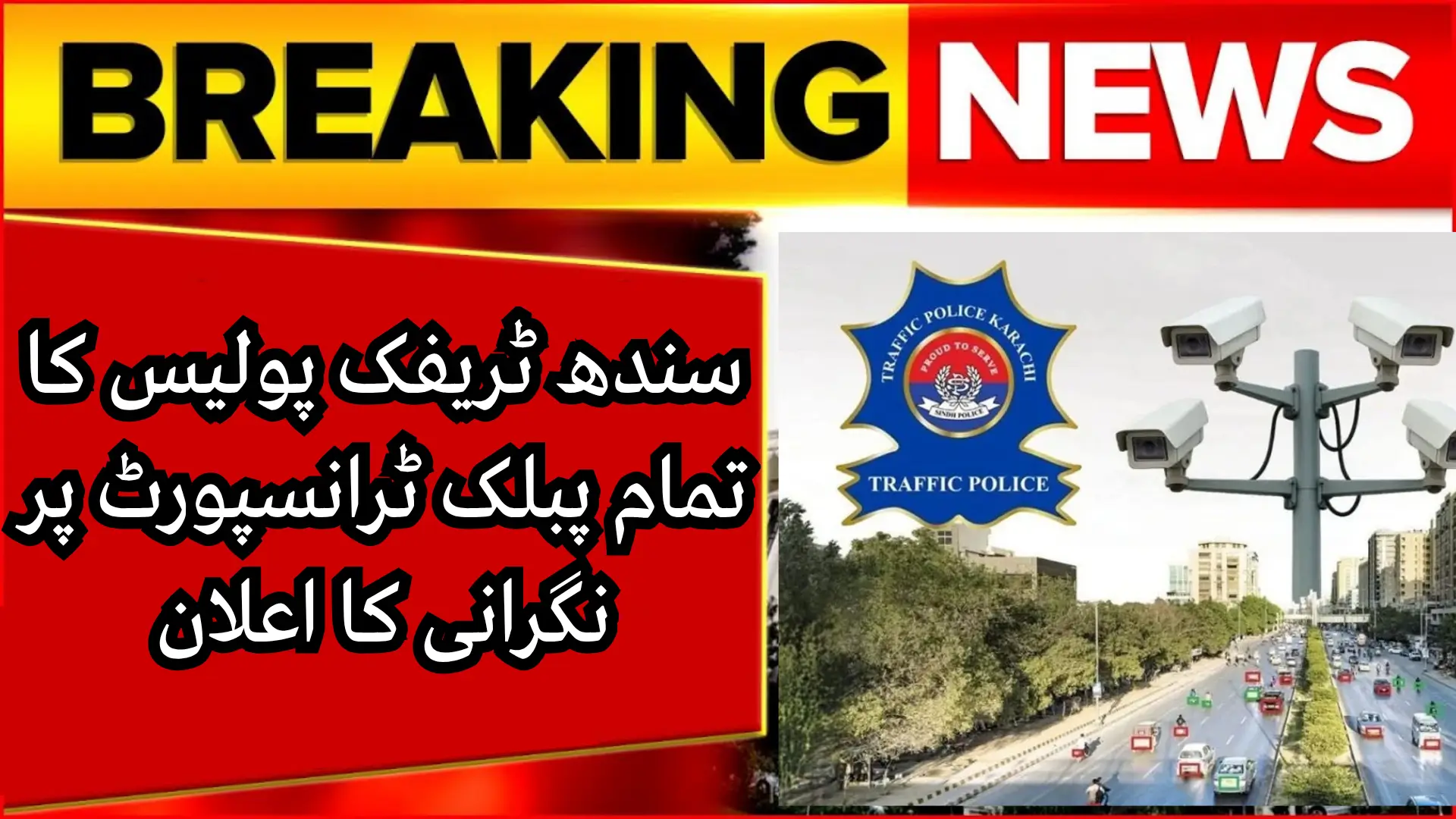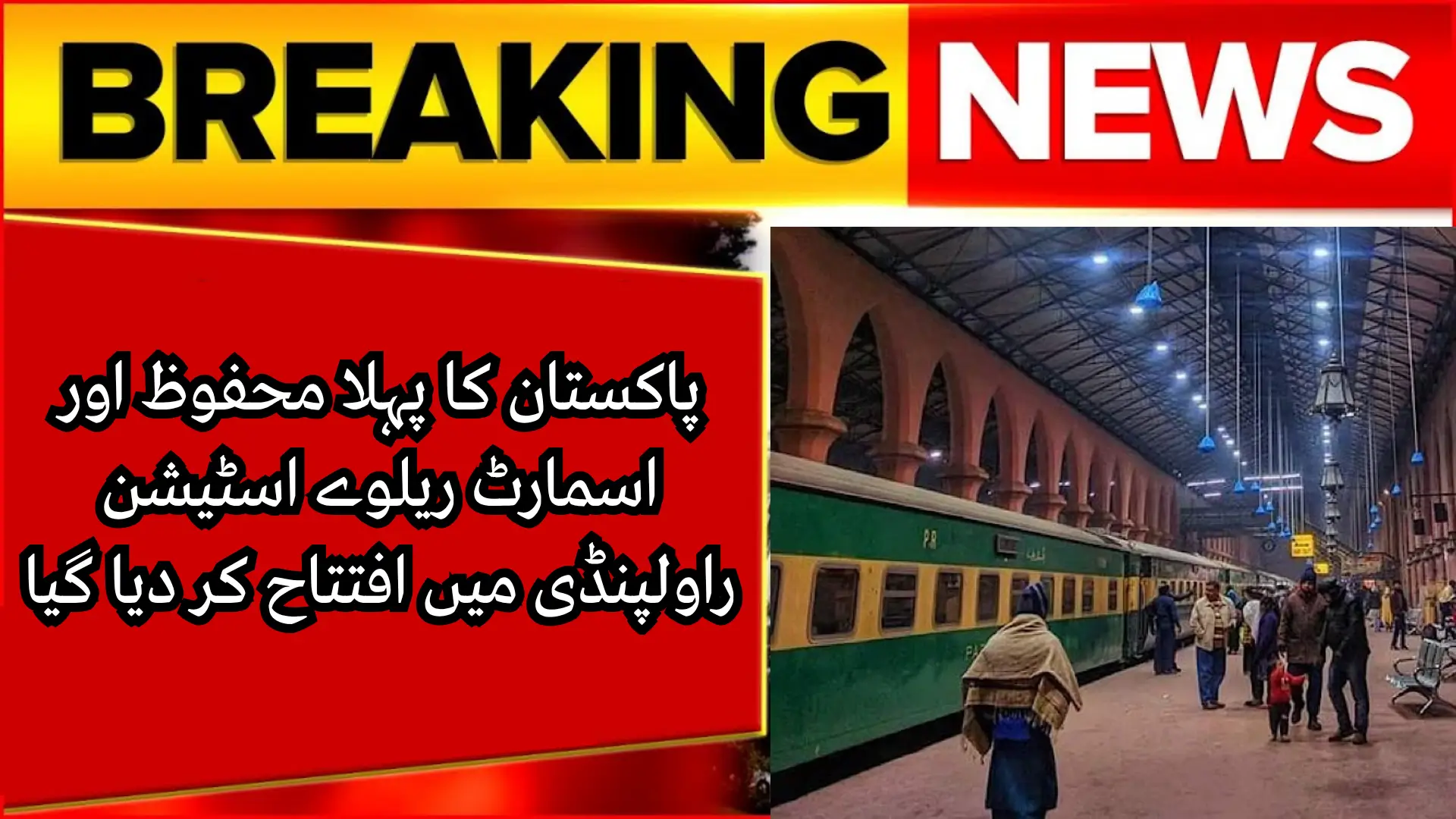PAMI Appeals for Reforms in Medical Education Governance. The Pakistan Association of Private Medical and Dental Institutions (PAMI) has raised a strong appeal for reforms in medical education governance. Their concern is clear — the very system responsible for nurturing Pakistan’s future doctors is being stifled by bureaucratic control and outdated regulations.
Behind the walls of private medical colleges lie not just classrooms but growing frustration — delayed salaries, budget cuts, and administrative uncertainty. The organization believes the Pakistan Medical and Dental Council (PMDC), led by Dr. Rizwan Taj, has moved away from its core mission of collaboration and support, creating confusion and financial instability across the sector.
Governance Gone Wrong
Under PMDC’s current leadership, decision-making has become centralized and opaque. Stakeholders say that rules are being made without consultation, leading to policy inconsistency and academic paralysis.
From admission policies to fee structures, PMDC’s rigid control has crippled private institutions — institutions that produce nearly two-thirds of the country’s medical workforce. According to PAMI, such governance is not regulation — it’s strangulation.
Admissions That Deny Opportunity
The Central Induction System (CIS), initially promoted as a fair mechanism for medical admissions, has turned into a bureaucratic bottleneck. Merit lists are delayed for months, and as a result, hundreds of MBBS and BDS seats remain vacant every year.
Ironically, the law permits private colleges to conduct their own admissions, using the MDCAT score with 50% weightage — a fair balance between merit and institutional discretion. Yet this autonomy has been stripped away, leaving colleges unable to act even when qualified students are waiting.
Restoring this legal right of admission autonomy could help fill classrooms, revive trust, and prevent further waste of human potential.
Unrealistic Fee Caps and Financial Strain
The PMDC’s fee cap of Rs. 1.85 million per year may sound student-friendly, but in practice, it’s unsustainable. Private colleges receive no government subsidies, yet are expected to function within a fraction of the cost of public institutions.
To put it in perspective:
| Institution Type | Average Annual Cost per Student | Funding Source |
|---|---|---|
| Public Colleges (e.g. KEMU, FJMC) | Rs. 4–5 million | Government subsidy |
| Private Colleges (current fee cap) | Rs. 1.85 million | Self-financed |
| Indian Medical Colleges | PKR 3.5–8.5 million | Private/self |
| Bangladeshi Medical Colleges | PKR 4–6 million | Private/self |
| U.S. High Schools (for comparison) | PKR 3 million (USD 12,000) | Private/self |
When a nation expects its medical colleges to operate cheaper than high schools abroad, it reflects a dangerous undervaluation of medical education. Rising energy costs, imported equipment, and competitive faculty salaries make the current cap unrealistic — pushing many colleges toward closure.
PAMI’s Call for Inclusion and Collaboration
Representing 118 medical and dental institutions that educate 65% of Pakistan’s doctors, PAMI remains excluded from PMDC’s policy-making.
This exclusion has led to one-sided decisions — rules made about institutions rather than with them. PAMI argues that collaboration, not control, should guide the future of medical education. Without inclusion, policy will continue to ignore ground realities
The Human Cost of Mismanagement
The consequences are not just administrative; they’re deeply human.
- Every empty MBBS seat means one fewer doctor in Pakistan’s hospitals.
- Every financially struggling college means fewer qualified teachers and fewer opportunities for aspiring students.
- Every unclear regulation means another delay in producing skilled healthcare professionals.
This isn’t merely an institutional crisis — it’s a national health risk. If medical colleges collapse under regulatory pressure, the doctor-patient ratio in Pakistan will worsen, and healthcare access will become even more limited, especially in rural areas.
Legal and Ethical Perspective
Experts emphasize that PMDC’s authority must operate within the law, not above it. Overregulation without accountability violates the PMDC Act itself, which envisions a collaborative, transparent, and consultative system.
PAMI’s stance is rooted in rule of law — not defiance. They demand lawful reforms that balance quality assurance with institutional autonomy, ensuring fairness for both students and educators.
The Way Forward: Reform, Not Rebellion
The path to reform is neither complex nor confrontational. PAMI proposes:
- Restoring Admission Autonomy — allowing private colleges to admit students based on merit and MDCAT, as per the law.
- Revising the Fee Structure — creating a realistic fee model tied to inflation and operational costs.
- Policy Inclusion — ensuring PAMI representation in PMDC’s decision-making committees.
- Transparent Regulation — ending arbitrary policy shifts and ensuring accountability.
- Faculty Support Programs — establishing frameworks for fair salaries and professional growth.
These reforms would not only stabilize private institutions but also strengthen Pakistan’s overall healthcare education ecosystem.
Voices from the Sector
Educators and administrators echo the same sentiment — reform is not resistance. “We’re not asking for privilege; we’re asking for fairness,” said one PAMI member.
Private institutions have built hospitals, trained thousands of doctors, and contributed to community health services. Yet, under current governance, they feel treated as adversaries, not allies. Restoring mutual trust is essential if Pakistan hopes to sustain quality medical education.
Conclusion
Pakistan’s medical education stands at a historic crossroads. The PMDC can either continue its path of unilateral control or pivot toward lawful collaboration.
Every reform delayed means another year of uncertainty, another generation of students left behind, and another step backward in healthcare progress.

